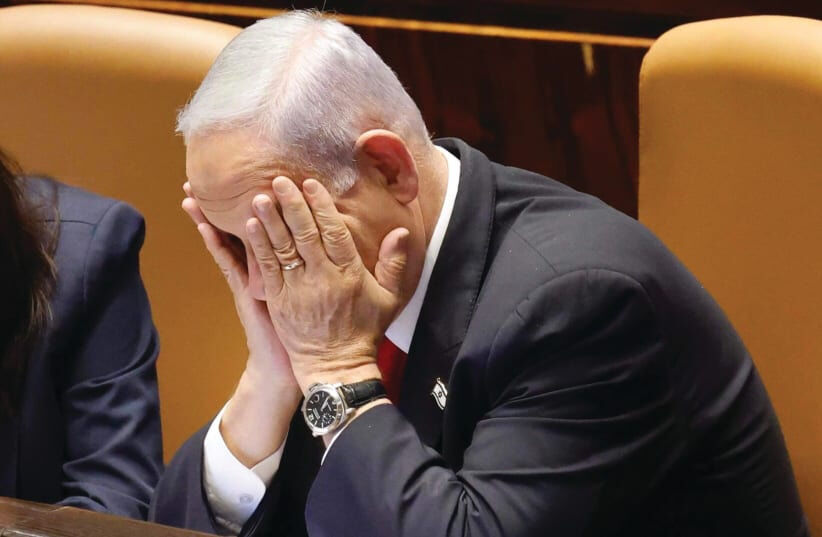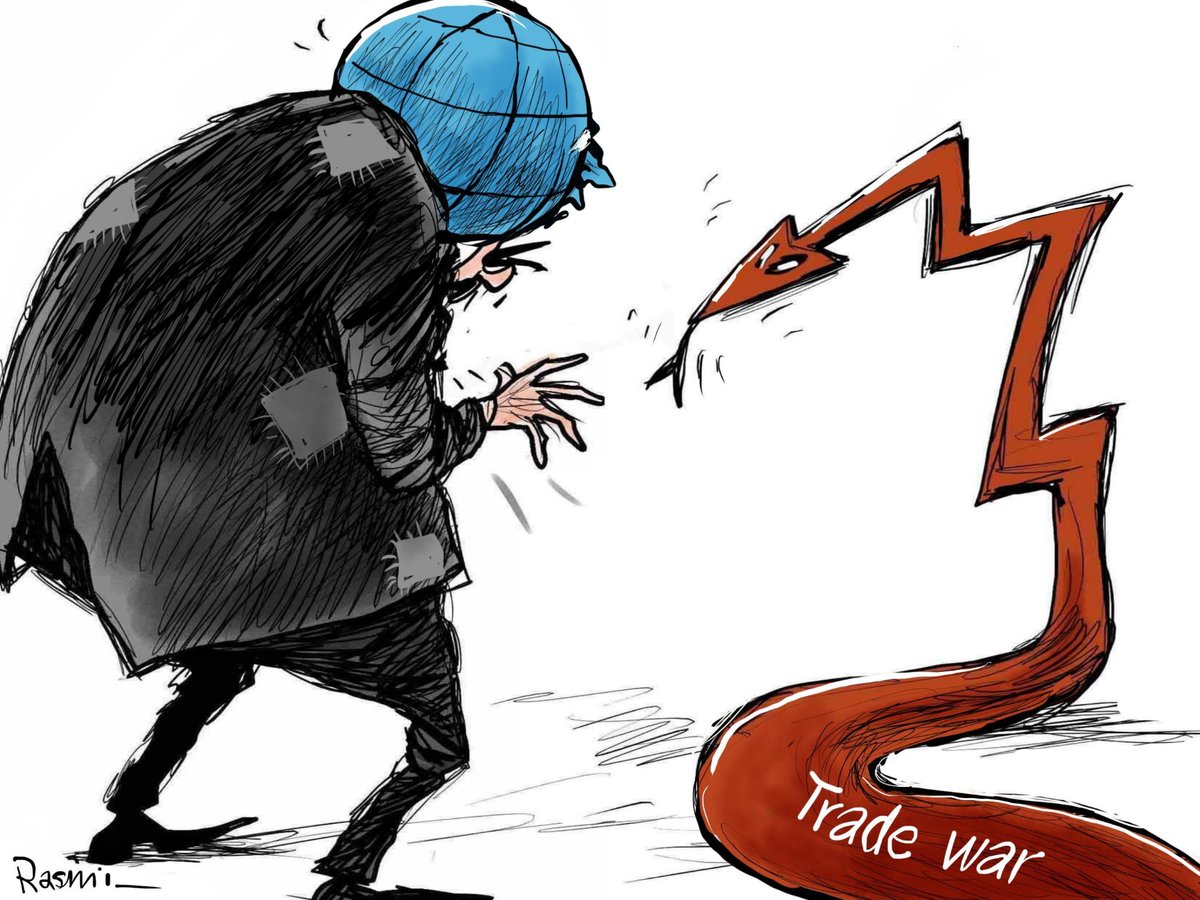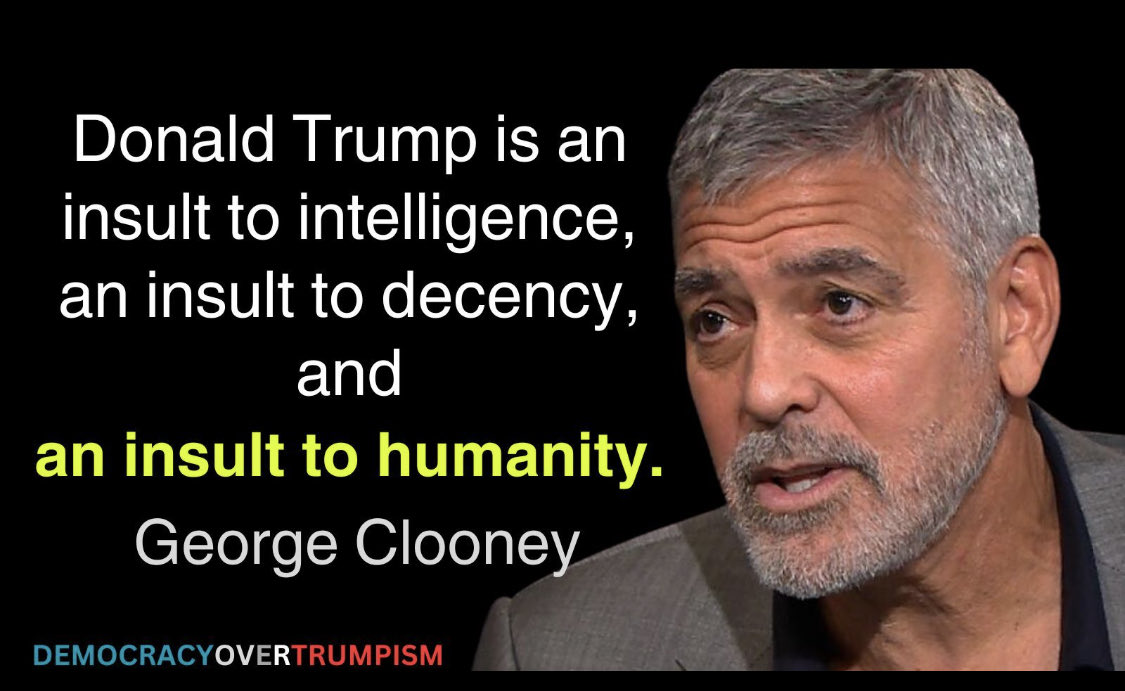
By Saleem Ayoub Quna
CROSSFIREARABIA – Whatever our political affiliations might be, there is no denying that the Israeli Prime Minister Benjamin Netanyahu has been trying to navigate his way through the worst crisis that hit Israel since 1948.
As this crisis gathered momentum, Netanyahu became more and more inclined to think that he was “chosen” for this once in a life-time moment! In this regard, he likes to liken himself to Winston Churchill and Franklin Roosevelt and likens the 7th Oct., – Hamas audacious full scale attack on Israeli settlements encircling the Gaza Strip – to that of America’s Pearl Harbor of 1941.
Before this devastating development, Netanyahu was busy with couple of matters. For instance, he considered Iran’s nuclear ambitions a life-threatening element to Israel. He would not waste any chance to emphasize that. In all of his speeches on international platforms, his picture holding the diagram showing Iran’s progress in making its own nuclear weapon, became familiar to the eyes of the world.
At the same time, he was engaged in disputes with critics and allies over the future of the Arab occupied territories since 1967 war, primarily the West Bank, which he and his like-minded Israeli politicians, are relentlessly trying to annex to “little Israel”!
De facto factor
Netanyahu and his clique, shared the impression that while the international public opinion in the late 1940s tolerated Israel’s de facto encroachment on territories that were originally allocated to the Palestinians according to the UN partition plan (181). Today he hopes that Israeli continuous attempts to acquire additional Palestinian territories will be, as well, tolerated and eventually neglected and forgotten!
To turn this plan into reality, he followed the example of Israeli successive governments since 1967 war when they embarked on building settlements for immigrant Jews brought in from all over the world. Today, there are more than half a million settlers in the West Bank against 3 million Palestinians, plus the 220,000 Israelis in East Jerusalem, against 372,000 Palestinians.
Dawn of 7th Oct.
Then rises the dawn of 7 Oct., 2023 to dynamite all the above mentioned plans and dreams of Netanyahu and his likeminded right-wing allies!
The surprise full scale attack by Hamas shocked the world and humiliated Netanyahu, for he was the man behind the strategy to strengthen and enrich the Hamas movement in Gaza, while undermining the Palestinian Authority in Ramallah to widen the gap between the two competing representatives of the Palestinian people.
Netanyahu cannot pardon himself as he was the man who had in 2011, sanctioned the release of the now Hamas leader Yehya Sinwar, along other 1000 Palestinian prisoners, in exchange for one Israeli soldier, Gilad Shalit, who was abducted by the Islamic movement back in 2006.
By deepening the wedge between the two Palestinian rival groups, Netanyahu’s plan was to tell the world that there was no reliable Palestinian partner to make peace with. According to his logic, the Palestinian Authority is corrupt, weak and unpopular, and Hamas is a “terrorist” organization with whom Israel, by law, cannot talk with!
Such an argument would leave the fate of the West Bank, solely and helplessly, in the hands of Netanyahu’s Likud Party and the other extreme right-wing parties, whose main reason d’etre, is the annexation of the West Bank, while at the same time continually applying different tactics to expel, as many Palestinians as possible from beyond the green line of 1948, or what the world concurs as calling “ethnic cleansing”!
The year after!
In years to come, Israeli school children, if we could dig into Netanyahu’s mind, will be taught that Theodor Herzl was the founder of Zionism in 1889, David Ben Gurion, the founder of “little Israel” in 1948 and Netanyahu was the man who tried to outmaneuver the waves of the storm!
Who can resist such a toxic temptation? A war criminal, as some Israeli liberals call him, Netanyahu seems to care less what others think or say of him!
This opinion was especially written for Crossfire Arabia by Saleem Ayoub Quna who is a Jordanian author writing on local, regional and international affairs and has two books published. He has a BA in English Literature from Jordan University, a diploma from Paris and an MA from Johns Hopkins University in Washington. He also has working knowledge of French and German.







